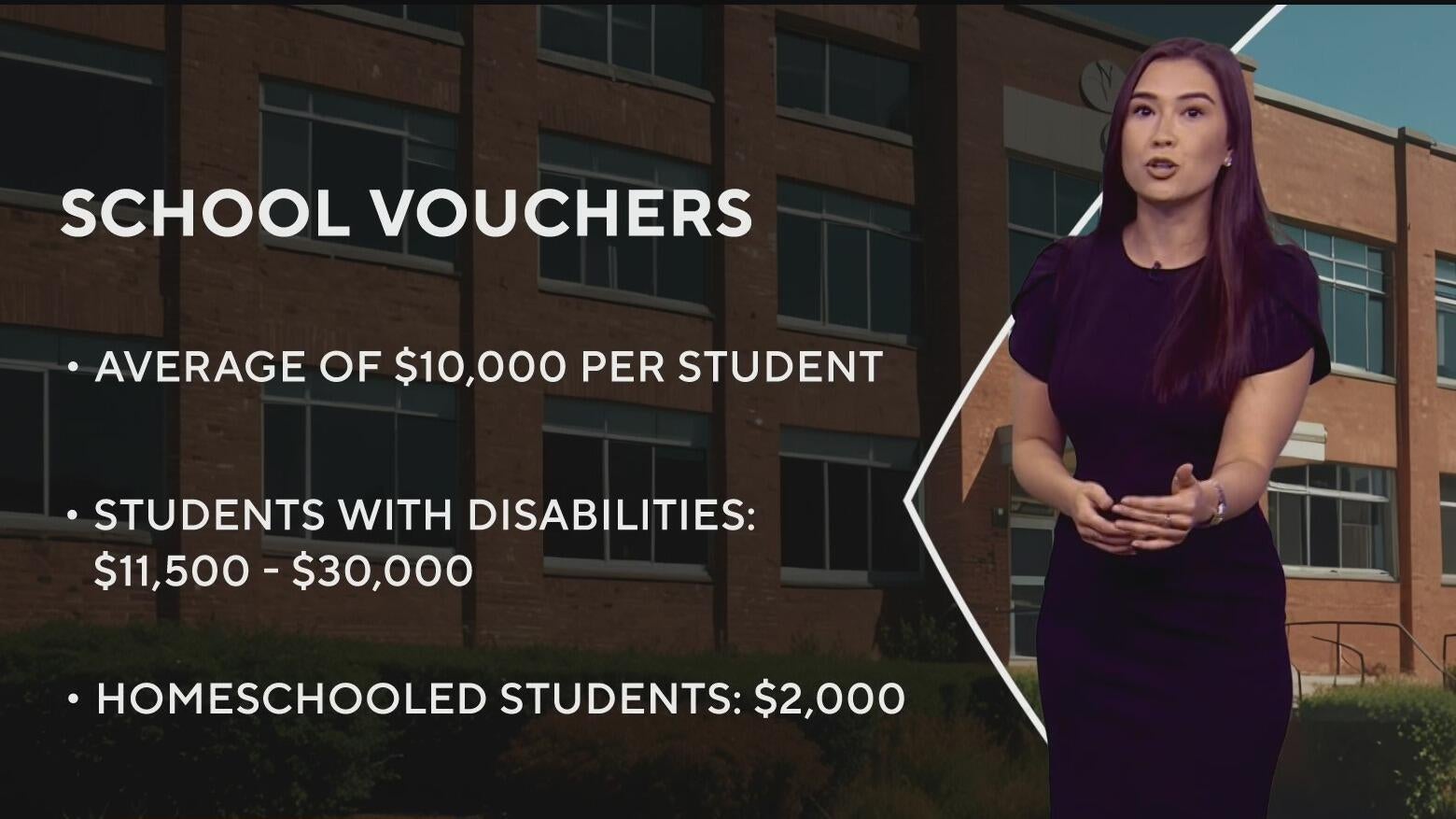How would the Texas school choice program work? Republicans push to pass bill
CBS News Texas is dedicated to keeping you informed on the current state of education in Texas with a new segment called "The Learning Curve." You can watch "The Learning Curve" every weekday morning during CBS News Texas Mornings at 6 a.m. If you have something education related you would like us to look into, send us an email at texaseducation@cbs.com.
A controversial education savings account proposal, commonly known as school choice or school vouchers, is once again making waves at the Texas Capitol, with House Bill 3 advancing through the legislative process and a committee vote expected Tuesday.
If passed, the bill would provide eligible families with public funds to help pay for private school tuition.
Eligibility for Texas school vouchers and money allocation
Most students would receive just over $10,000, with higher amounts available for those with disabilities. Homeschooling families could receive up to $2,000.
Texas taxpayers would fund the school choice program
The money would come from state tax dollars, with lawmakers proposing to allocate $1 billion from Texas' budget surplus for the program.
Backed primarily by Republicans and championed by Gov. Greg Abbott, the school choice effort has faced stiff opposition in the past. In 2023, Abbott called two special sessions to push the bill forward, but resistance from Democrats and more than a dozen Republicans ultimately stalled the legislation.
A renewed effort to pass the education savings account program
Now, with the Texas Legislature back in session and a new Speaker of the House — Dustin Burrows — supporters are hopeful.
Burrows has publicly declared his intention to vote in favor of the bill, signaling growing momentum.
When would the school choice program potentially start?
If passed, the program would go into effect during the 2026–2027 school year, giving the Texas Comptroller's Office one year to implement the logistics and educate the public.
Still, opposition remains, particularly from rural lawmakers who fear the measure could siphon funds away from public schools.
Should the House pass its version of House Bill 3, lawmakers will still need to reconcile it with the Senate's version before sending it to the governor's desk for final approval.
The outcome could reshape education in Texas—if supporters can overcome the final legislative hurdles.





